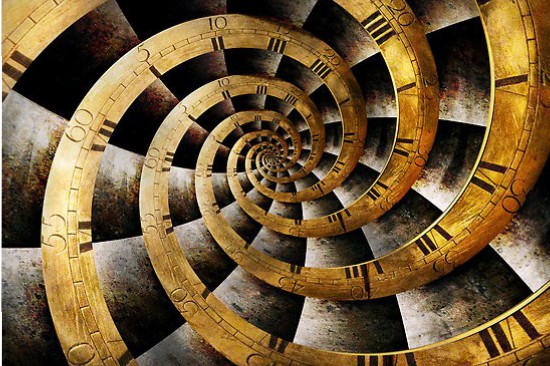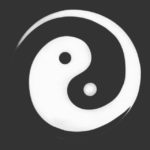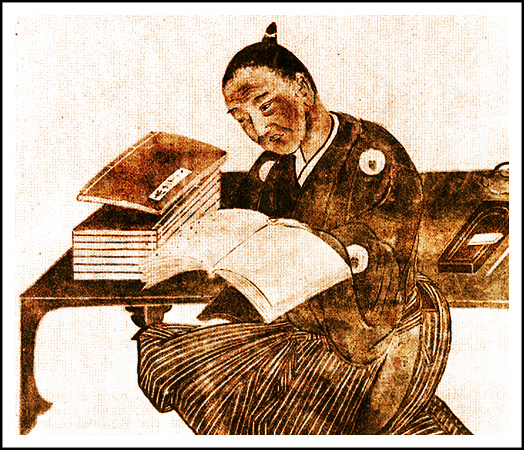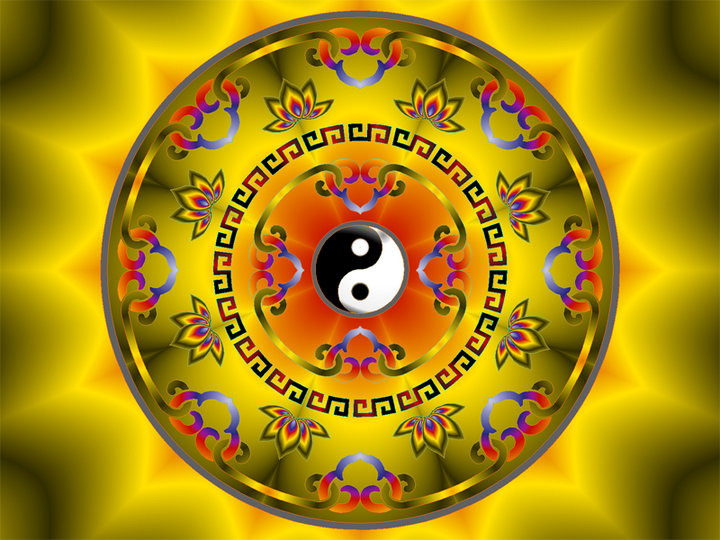✍️Wendy Brown, Lic. Ac.
As a microcosm of the rhythms and fluctuations of the seasons and their elemental factors to which we are inextricably linked, Chinese medicine would consider the result of our health in one season as being a marker of our lifestyle preparations in the previous seasons as well as in the present. With regard to colds and flus, the ability of the immune system to resist external pathogens, be they bacterial, viral, or allergen toxins that result in immune suppression that leaves us ailing and struggling to recover, exists in the strength of ‘Wei Qi.’

A patient texted me asking how my flu kung fu is: i.e. my thoughts on flu shots. I put together the following from the TCM perspective to share in response. Collage by W.Brown, Lic. Ac.
In Chinese medical theory, Wei Qi is fierce, useful, combative energy from nutrition, says the Lingshu, a medical text compiled in the 1st century BCE, one of two parts of a larger work known as the Huangdi Neijing, the Yellow Emporer’s Divine Classic. Wei Qi is lively and agitated and circulates in superficial tissues, skin, connective tissue, muscles and peritoneum. It radiates to the chest and abdomen. According to the classics, it does not circulate through the meridians but rather flows through the face, trunk, and limbs during the day, and at night through the viscera. Wei Qi protects the body from external perverse energies by opening and closing pores and warming connective tissues. It concentrates at the sites of acupuncture points, the “Holes of Qi,” per se. Wei Qi represents the whole immune system, from leukocytes to anti-bodies, histamine, bradykinin and serotonin.
In Chinese medicine it is an intrinsic reference to discuss “wind gates” and “wind invasion or wind penetration.” The neck, sides of the head, forehead, and upper back according to TCM are conduits whereby externally contracted pathogenic wind can gain entry to the body. Fierce Wei Qi is the primary way the body resists an invasion. Nutritional status, inadequate rest, excessive consumption of alcohol, among other lifestyle factors may lead to the impairment of Wei Qi. It is always advisable to adequately keep wind gates covered, interestingly, in every season to varying degrees. The migration of wind inside the superficial levels of the body can lead to cold and flu symptoms exhibited as chills, body aches, headache, runny nose, congestion, cough and fever. Vulnerability in externally contracting wind is increased by damp hair. We are far more empowered than we may realize in the ways to govern our health and be master of our own unfolding. The timeless ways of Traditional Chinese medicine can be an invaluable guide to reeducating our modern misconceptions and to show us the way.
![]()
Further reading on Wind
With all best wishes for a healthy cold weather season!






